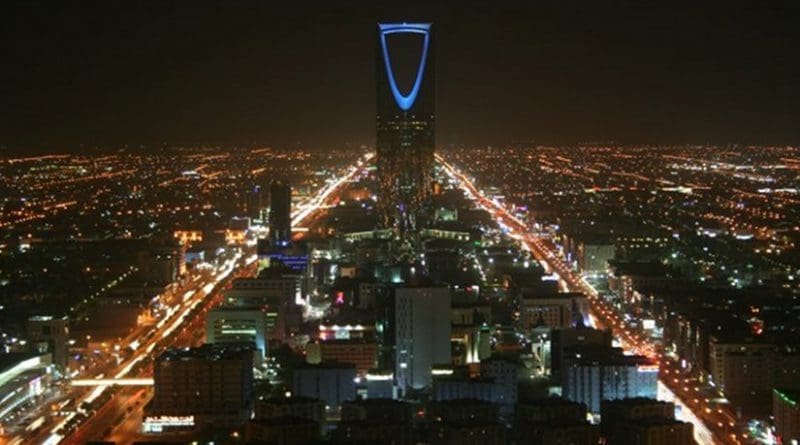Saudi Arabia To Allow 100% Foreign Ownership Of Engineering Firms
By Arab News
By Frank Kane
The opening up of Saudi Arabia’s economy is proceeding apace. On Monday, the government took another step along the road to welcoming more foreign investors into the Kingdom with the approval of new measures to encourage outsiders to get involved in the engineering industry, which is expected to become a boom sector as new infrastructure is built under the Vision 2030 strategy.
The Commerce and Investment Ministry, and the Saudi Arabian General Investment Authority (Sagia), have been in consultation for a year or so under the new proposals, and now have decided to allow 100 percent foreign ownership in the engineering business.
There are two conditions: The foreign entity must have a 10-year track record in operations, and it must already have a presence in at least four other countries. So only established multinationals need apply, a sensible measure designed to guarantee the quality of the new entrant.
Sagia has the power to waive these restrictions if an applicant firm’s presence would be considered in the best interests of the Kingdom.
The authority, under Chairman Majid Al-Qasabi, has been pushing for a more flexible approach to foreign investment for the past couple of years, since a 2015 policy initiative that foresaw 100 percent foreign ownership in most sectors in the long term.
That policy was in line with the World Trade Organization’s principles on free movement of investment, which Saudi Arabia signed up to in 2005. But the accelerated pace of opening up has a lot to do with the national transformation plan that aims to reduce the Kingdom’s reliance on the domestic oil industry and government employment. Greater foreign investment is seen as an essential part of that change.
Last year, two big sectors — retail and wholesale distribution — were taken off the “negative list” Sagia maintains for sectors not deemed appropriate for exclusive foreign ownership — like military and other security activities, some aspects for Islamic tourism, media, telecommunications and a few others.
The experience in retail and wholesale must have satisfied the authorities that it was a worthwhile step to encourage greater foreign involvement, which will now be extended to engineering.
Alain Sfeir, Riyadh-based corporate partner with law firm Clyde & Co., said: “It is a positive step forward. Foreign engineers and consultants are looking to get involved in and benefit from the expansion of infrastructure the Kingdom is experiencing, and the new corporate structure will give them more confidence to proceed.”
Details of the new proposals are still being finalized and can be expected to be released in a week or so.
But if they follow the plans for retail and wholesale, you can expect 100 percent foreign ownership, previously limited to 75 percent; no requirement for a Saudi citizen to be a shareholder; and limited liability incorporation.
There will probably also be stipulations on minimum investment levels and employment of nationals in the new corporation, as well as commitments on research and development spending, and training, drawn up in consultation with the Saudi Council of Engineers, the national professional body.
The initiative, in such an important part of the economy, represents a further move away from the traditional model of “commercial agents” identified as a drag on regional economies by Karen Young, an academic with the Arab Gulf Sates Institute in Washington, DC.

